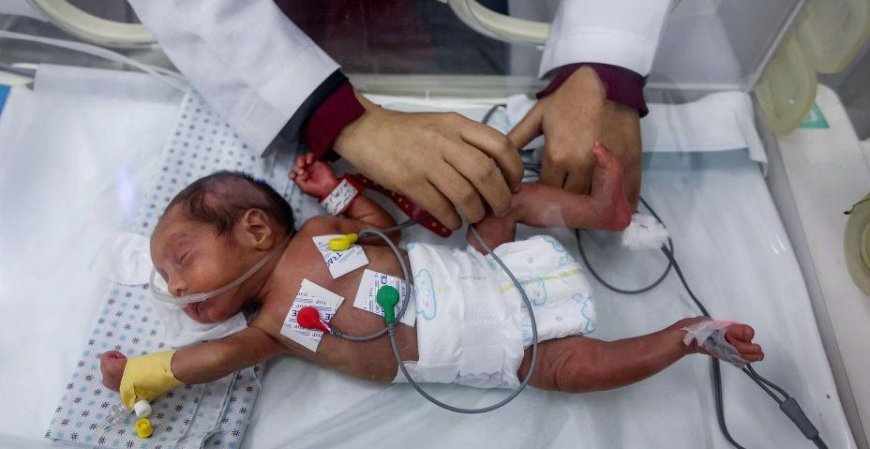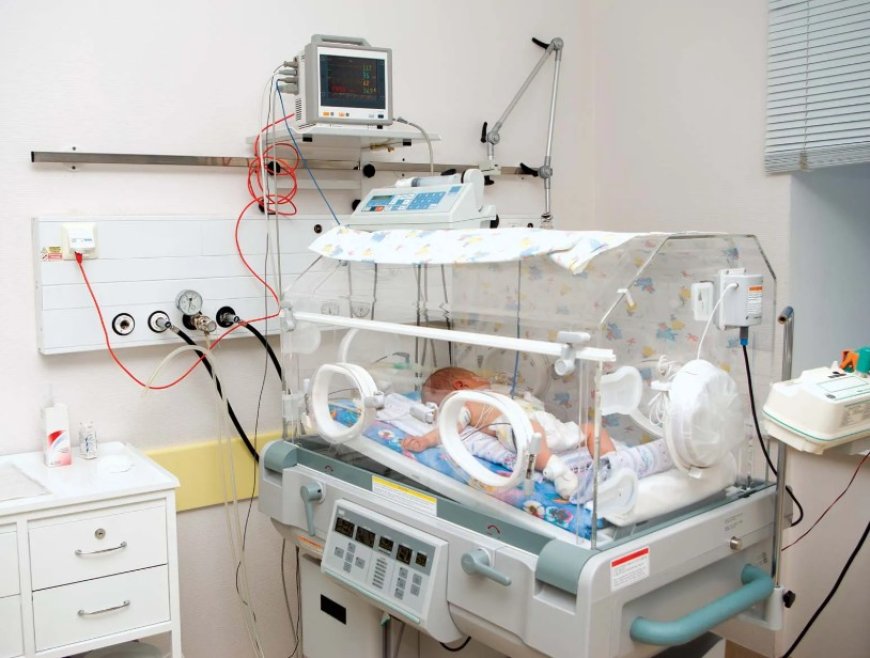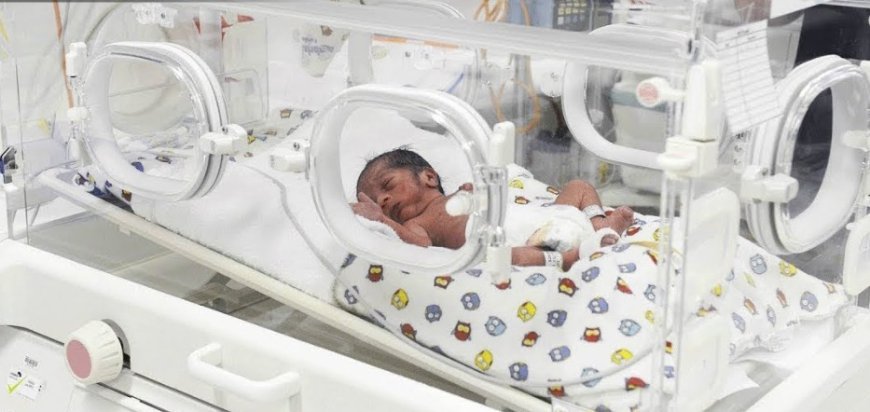Premature Baby Delivery: A Race Against Time
Premature Baby Delivery: A Race Against Time Premature birth, often referred to as preterm delivery, occurs when a baby is born before 37 weeks of pregnancy have been completed. This situation can present various challenges, as normal gestation lasts around 40 weeks. Premature babies deliver with unique health considerations that require specialized care. Challenges Faced by Premature Babies Babies born prematurely may not have fully developed organs, making them vulnerable to several complications. The earlier the baby is born, the more significant these issues can be. Common challenges include breathing difficulties, heart problems, and difficulties in maintaining body temperature. Understanding these challenges is crucial for parents to better support their premature infants.
Premature Baby Delivery: A Race Against Time

Premature Baby Delivery In the intricate choreography of human birth, timing is everything. Yet, sometimes, nature accelerates the script, thrusting fragile lives into the world before they are fully prepared. These tiny warriors, known as premature babies, arrive before 37 weeks of gestation, often facing a whirlwind of medical interventions, uncertainty, and hope.
Why Does Premature Birth Happen?
The reasons behind premature birth are as unpredictable as they are varied. Some are medical, others circumstantial, and sometimes, no clear cause emerges.
Maternal Health Conditions – High blood pressure, diabetes, infections, or thyroid disorders can trigger early labor.
Multiple Pregnancies – Twins, triplets, or more often lead to a shorter gestation period.
Placental Issues – Placenta previa, abruption, or insufficiency can disrupt fetal nutrition, forcing an early delivery.
Lifestyle & External Factors – Smoking, alcohol, extreme stress, or malnutrition increase risks.
Not all preterm births are the same. The degree of prematurity determines the intensity of medical care required.

Late Preterm (34-36 weeks) – Often stable, but may need breathing or feeding support.
Moderate Preterm (32-34 weeks) – NICU care is common, though survival rates remain high.
Very Preterm (28-32 weeks) – Higher risk of complications, requiring specialized intervention.
Extremely Preterm (<28 weeks) – The most fragile; survival is possible but depends on advanced neonatal care.
The Immediate Battle: What Happens After Birth?
A premature baby's journey begins with an intense medical response. The Neonatal Intensive Care Unit (NICU) becomes their first home, where cutting-edge technology and dedicated specialists work tirelessly to support their fragile existence.

Breathing Assistance – Underdeveloped lungs struggle to function independently, necessitating ventilators or oxygen therapy.
Temperature Regulation – Incubators mimic the warmth of the womb, preventing hypothermia.
Nutritional Support – Tube feeding replaces the natural suck-and-swallow reflex, which may be underdeveloped.
Infection Prevention – A compromised immune system makes premature babies highly vulnerable.
Challenges of Prematurity: A Delicate Balancing Act
Every premature birth presents a high-stakes gamble, with potential complications that can shape a child’s future.
Respiratory Distress Syndrome (RDS) – Lungs lack surfactant, making each breath a struggle.
Brain Hemorrhage (IVH) – The fragile blood vessels of a premature brain risk bleeding.
Necrotizing Enterocolitis (NEC) – The intestines may not be ready for digestion, leading to inflammation or infection.
Jaundice & Vision Problems – Immature liver function and retinal issues are common concerns.
Parental Role: A Beacon of Strength
While medical interventions play a vital role, parental involvement is equally critical.
Kangaroo Care – Skin-to-skin contact stabilizes the baby’s heartbeat, breathing, and temperature.
Breast Milk or Fortified Nutrition – Provides essential antibodies and nutrients for growth.
Emotional Resilience – Parents must navigate fear, uncertainty, and long NICU stays, balancing hope with medical realities.
The Road Ahead: Can Premature Babies Thrive?
Absolutely. With modern medicine, many premature babies grow into healthy, thriving individuals. Some may require early intervention for developmental delays, but their potential remains boundless.

Final Thoughts
Premature birth is not just a medical event; it's a test of survival, science, and human resilience. These tiny fighters, despite their early arrival, prove that strength is not measured in size but in the will to overcome the impossible.
What's Your Reaction?










